Shanghai regulation protects buyers and sellers, giving rise to healthy growth of sector
For a nation as rich in cultural artifacts as China, ensuring that the trade of such items is safe, legal and fair for both buyers and sellers has been a key endeavor for many years.
Since 2019, Shanghai has been leading the way as a pilot for the rest of the nation in improving the market and trading in cultural artifacts, rolling out reforms and regulations aimed at better protecting Chinese cultural relics, and ensuring their trade is licensed and legal.
In May of the same year, the Shanghai Cultural Relics Circulation Association, China's first regional association for cultural artifacts businesses, was established to supervise and promote the industry's development.
Later in November 2020, the National Cultural Heritage Administration signed a cooperative agreement with the Shanghai government to start a pilot program to build the city into an "innovative demonstration hub for protecting, showcasing and retrieving cultural relics, as well as in cultivating industrial talent".
Since then, Shanghai has introduced numerous favorable policies to support a more regulated market so that the right of ownership can be determined as well as the licensed evaluation of artifacts.
"Shanghai boasts a good base for such a pilot program, as artwork and artifact collection has long been a tradition in the city," said Pan Shouyong, a professor at Shanghai University's School of Cultural Heritage and Information Management. "There are many well-operated private galleries and museums in the city, and the number of artifact collectors here is remarkable. They have the artifacts, funding and knowledge needed for collection."
At the national level, China has been ramping up efforts to protect and utilize its cultural relics in recent years, with a slew of new and updated policies and regulations put in place.
According to Chinese law and regulations, cultural relics include ancient cultural sites, buildings, artifacts, artworks, documentary materials and material objects that are of high historical, artistic and scientific value.
The State claims ownership of a big part of these, however, there are still remarkable amounts of privately owned artifacts that can be traded freely on the market.
"The private collection of cultural artifacts plays a critical role in the protection of the nation's cultural relics. Currently, Chinese museums own a total of 305 million pieces and sets of cultural relics, and the number of private collections in and outside of China is believed to be way more. To make full use of them we need to greatly enhance the protection of cultural heritage and our Chinese traditional culture," said Pan.
For individuals, market entities and organizations, in addition to inheritance, donation and personal exchanges, cultural artifacts can be bought and sold legally on the market via auctions and cultural artifact stores.
Last year, Shanghai held 863 auctions of cultural artifacts, with 157,029 pieces on auction and a total turnover exceeding 5 billion yuan ($700 million), according to data from the Shanghai Administration of Cultural Heritage.
While auctions of high-value pieces get the headlines, smaller artifact sales make up the bread and butter of business and account for the majority of day-to-day business. It's these buyers and sellers that have benefited most from the new policies.
The antique market used to be rife with unregulated business, especially among small traders. Under the city's new policies, these stores are allowed to enter bigger artifact markets or malls, where they can apply for qualification licenses under supervision.
Another challenge that used to hinder traders from getting licenses was the restriction on professionals with qualified certifications, who usually are found in State-owned museums and institutions. To tackle this problem, Shanghai, as a first in the nation, opened the door to talents involved in cultural artifact businesses, providing them with training land access to apply for such professional titles.
These measures have enabled a large number of small businesses to operate legally and injected strong impetus into the cultural artifact market. To date, five big antique malls across the city have received licenses for a total of 246 smaller stores located in them.
In addition to the domestic circulation of cultural artifacts, international artifact and artwork businesses have also been expanding in Shanghai.
The China International Import Expo, or CIIE, plays a major role in the return of overseas cultural relics. Back in 2020, Chinese authorities announced a tax-free policy for overseas exhibitors who sell no more than five pieces of artworks and antiques at the expo. Over the past three editions of the expo, a total of 35 exhibitors have brought 320 cultural artifacts and artworks, with a total duty-free entry sales of 1.8 billion yuan, according to Shanghai FTZART Co.
The city launched another innovative regulation in 2022 to facilitate the entry of overseas cultural artifacts and artworks, the first of its kind in China under the pilot program.
The regulation facilitates the application for temporary entry, extension and exit of overseas cultural relics for a six-month period. It allows cultural artifacts and artworks to travel across the nation for bonded display and trading. These moves have made Shanghai the preferred port for companies both at home and abroad to deal with cultural artifacts coming in and out of the country.
From 2013 to last year, the cumulative value of cultural artifacts and artworks entering and leaving China via Shanghai exceeded 100 billion yuan in value, according to the China (Shanghai) Pilot Free Trade Zone.
Shanghai's innovation in the cultural artifact market has also benefited ordinary people. As the appreciation and evaluation of cultural artifacts require extensive experience and professional knowledge, private owners are often in need of reliable and credible evaluation services.
Eyeing the market demand, Shanghai's Administration of Cultural Heritage has organized for 10 professional firms and institutions to offer the public free evaluation and consulting services since 2017. The free service has been used by over 50,000 people, inquiring about more than 100,000 cultural artifacts.
"The pilot reform program in Shanghai has seen positive results in many aspects so far. The city's experience is contributing more wisdom and experience to the nation's protection and utilization of cultural relics as well as promoting traditional Chinese culture," said Pan.








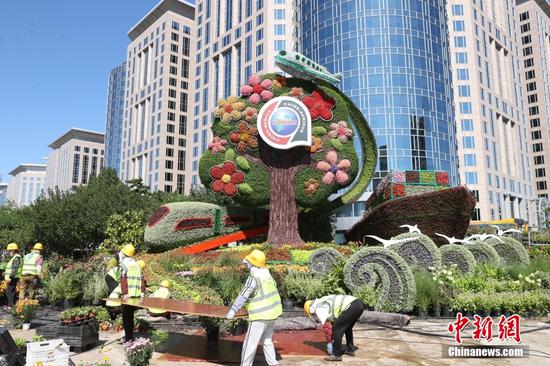





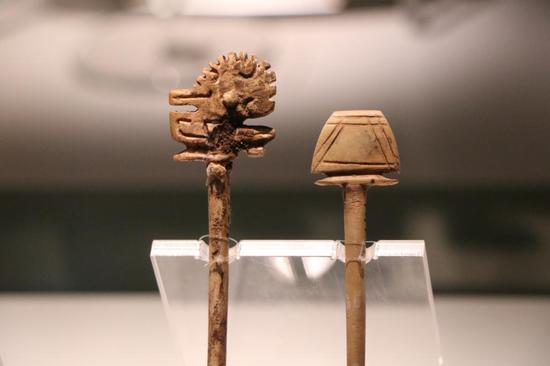












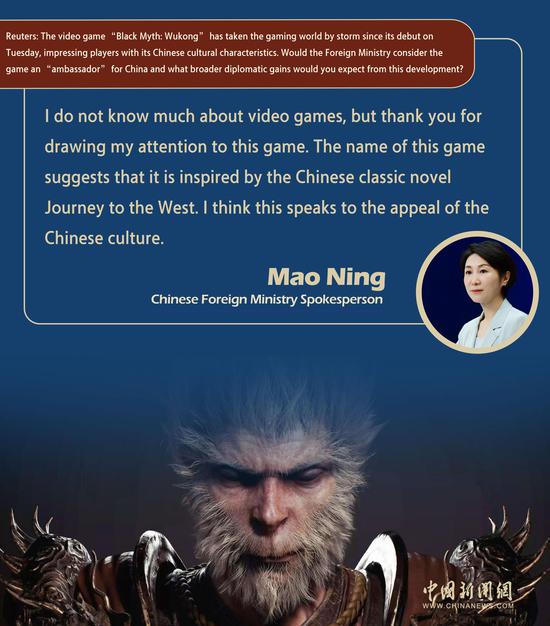

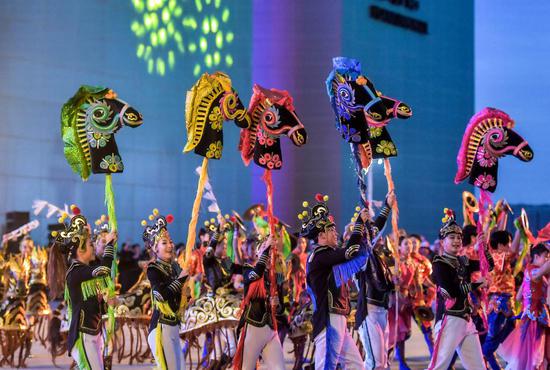

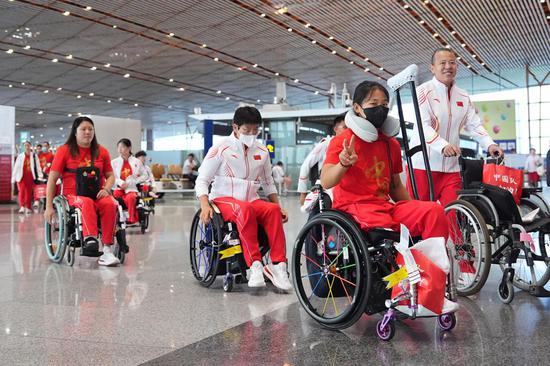

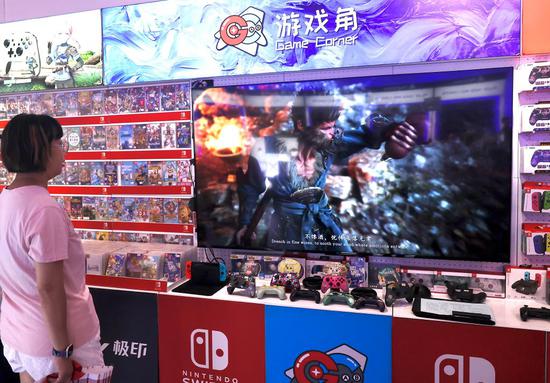


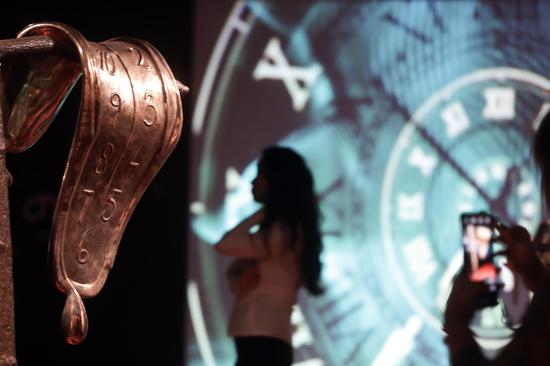
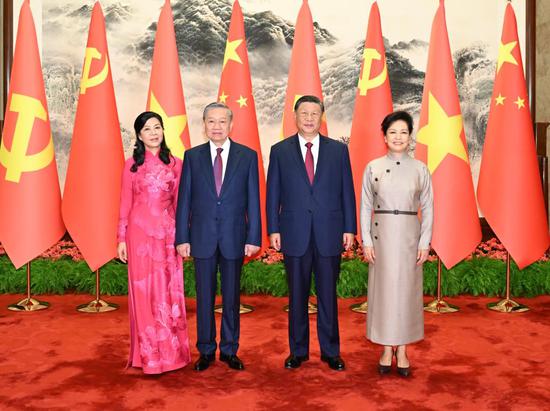
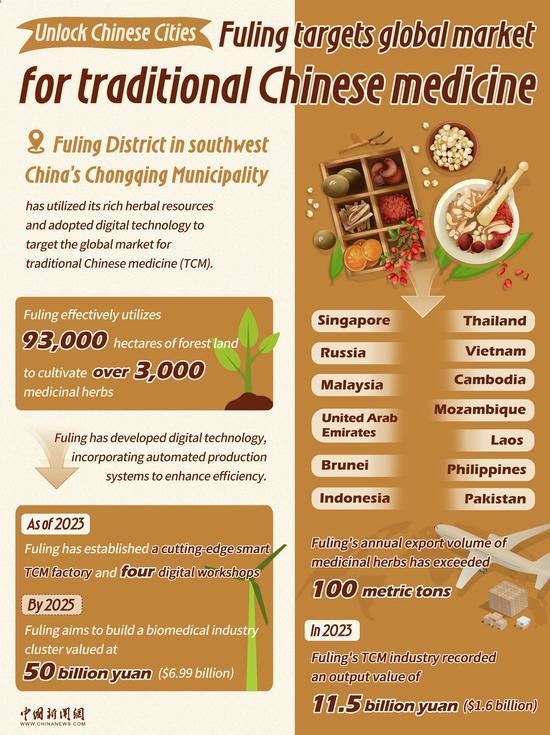
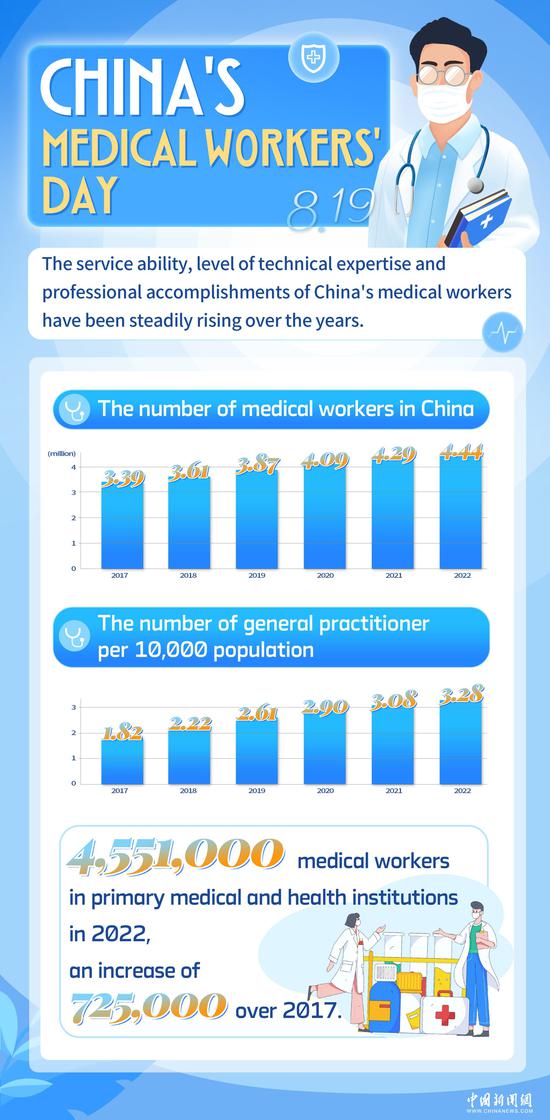






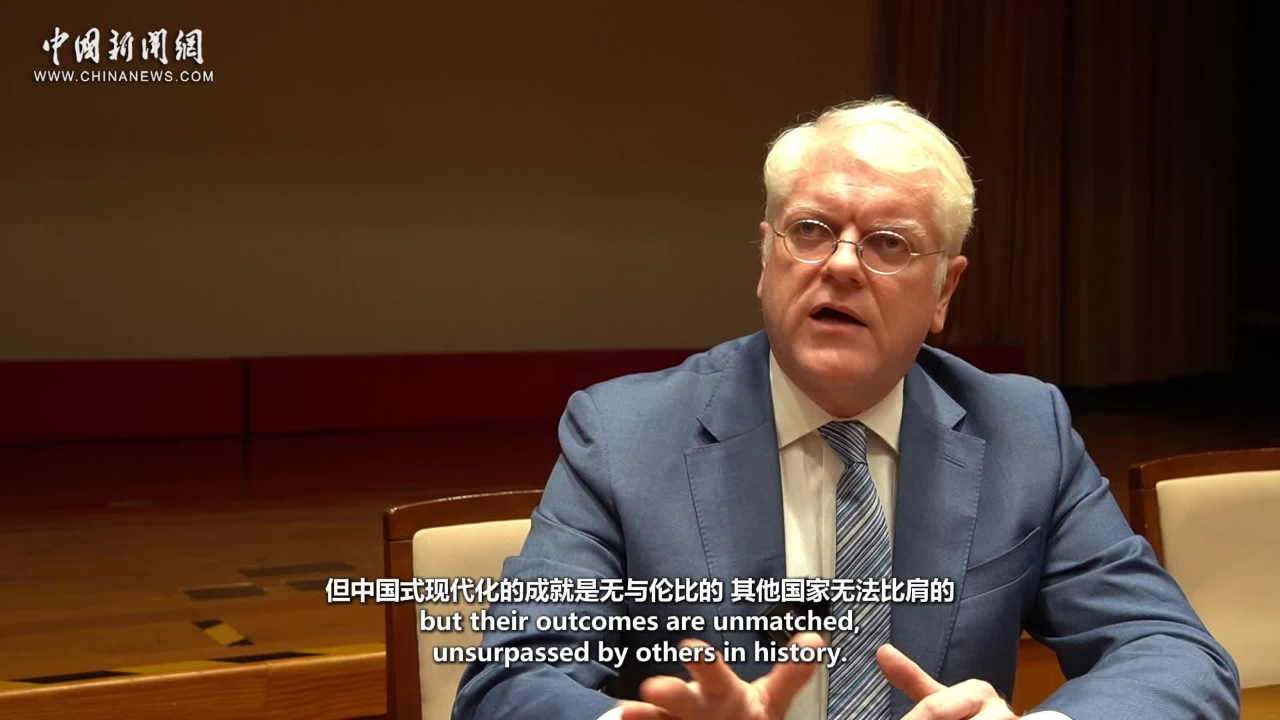



 京公网安备 11010202009201号
京公网安备 11010202009201号